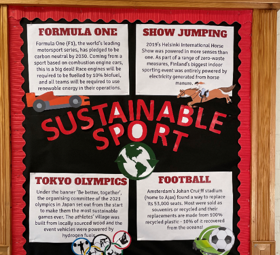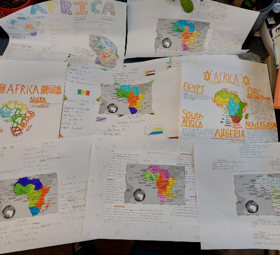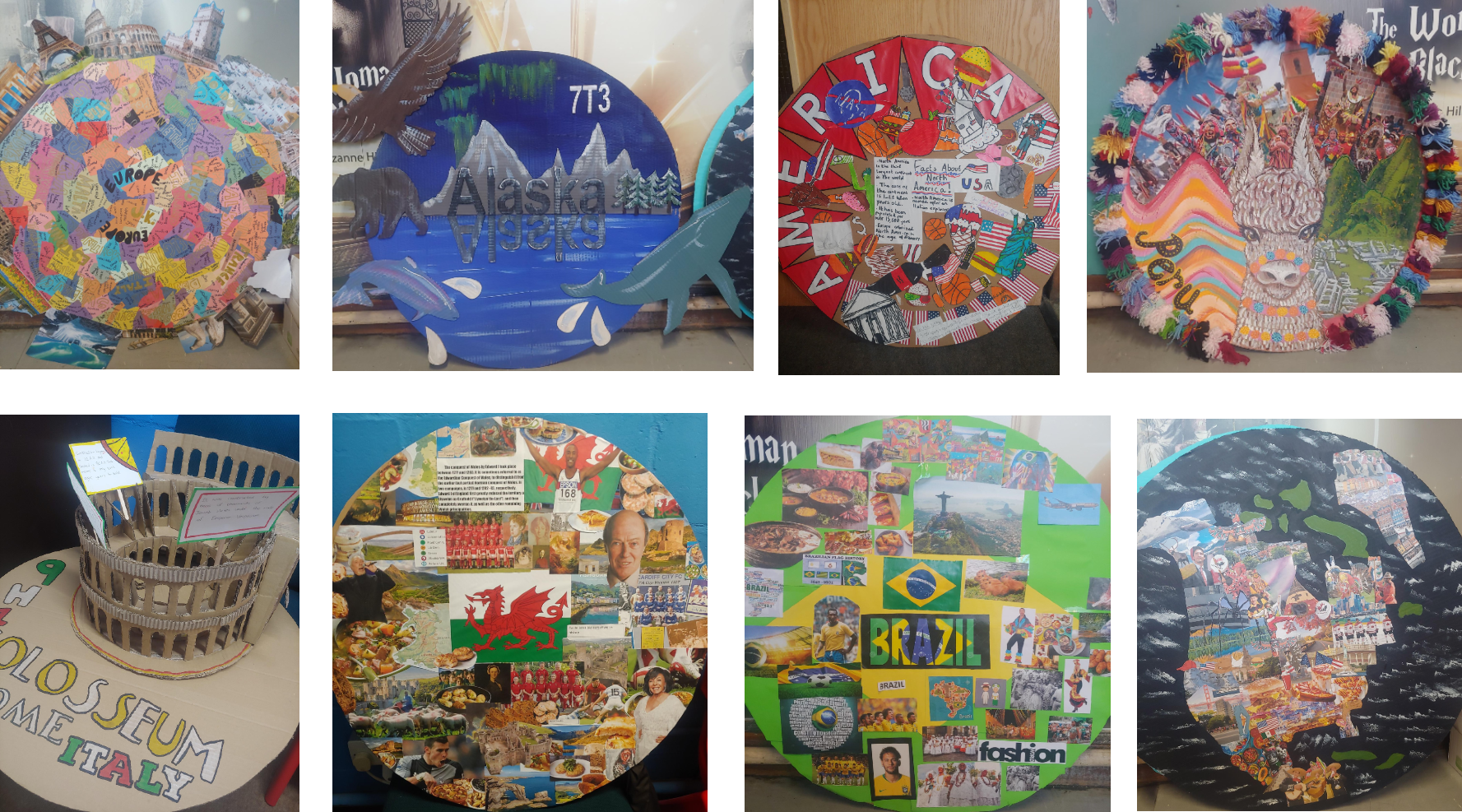- Home
- Curriculum
- Curriculum Themes
Curriculum Themes
Vision
At The Bulmershe School we aim to embrace a thematic approach to learning.
Our broad, relevant and engaging curriculum builds social responsibility and a global perspective whilst students strive to achieve their academic potential.
It is strengthened by an extensive range of enrichment opportunities which encourage participation and activity beyond the classroom, which we hope will develop into lifelong passions.
Our key foci for the 2024-2025 academic year are:
- Sustainability
- Internationalism
- Conflict
- Communication
- Community
- Health
Our lessons incorporate curriculum themes, encouraging students to look beyond their immediate surroundings. For example, Year 7 science classes examine global energy distribution, exploring how access to fossil fuels creates inequalities and why international cooperation is vital for renewable energy solutions. This not only deepens students’ understanding of science but also helps them think critically about global fairness and sustainability.
Outside the classroom, students engage in events that build their awareness of the wider world. During our recent remembrance service, we honoured the contributions of Allied and Commonwealth nations, fostering an appreciation of shared histories and collective responsibility. Additionally, a group of Year 10 students attended a mock COP climate conference in Reading, where they engaged with sustainability issues and explored solutions to international conflicts.
By embedding themes across lessons and activities, we help students appreciate different cultures, challenge stereotypes, and build inclusive communities. This approach nurtures mutual respect and prepares them to contribute positively to an interconnected world.
Examples of Activities:
Sustainability
Our drive to promoting ‘Sustainability’ was delivered through whole school activities, video presentations, Tutor Time projects, Lessons and Cross-curricular opportunities and after school sessions. The key topics discussed were around finance, global warming and climate change, recycling and conservation, deforestation, sustainable energy and ethics. Students were challenged to make sculptures or eco-bricks out of recycled products

The PE Department created a display around sustainable sports
In Geography, Miss Garrard led a sustainability workshop - All year 7 students participated in a Green up your act ‘Food Miles’ session. Lots was learnt about the origins of our food and the choices people have when it comes to selecting and buying food.
KS3 students were taught about the value of wool to both the economy and the environment. It was lovely to be able to show students the partially decomposed material buried by last year’s year 9 students. There was shock when they saw that a wool suit had nearly decomposed completely whereas a surgical face mask looks brand new after a year in the school garden. Year 9 also set up a Geo-leaders club and have been collecting regular donations for a local foodbank.
 KS3 Geography students have had sessions on the continent of Africa to develop a deeper understanding of the unique characteristics of the 54 countries. The sessions included learning about: levels of development, conflict flash points, culture, language and connectivity all aimed at students developing a deeper understanding of the individuality of the continent. Students focused on 5 different countries of their choices and created some lovely display work. The project was supported by a dedicated display in the library allowing fascinated students to do extra research.
KS3 Geography students have had sessions on the continent of Africa to develop a deeper understanding of the unique characteristics of the 54 countries. The sessions included learning about: levels of development, conflict flash points, culture, language and connectivity all aimed at students developing a deeper understanding of the individuality of the continent. Students focused on 5 different countries of their choices and created some lovely display work. The project was supported by a dedicated display in the library allowing fascinated students to do extra research.
Internationalism
Our focus on 'Internationalism' was delivered through whole school activities, video presentations, Tutor Time projects, Lessons and Cross-curricular opportunities and after school sessions. The key topics discussed were around diversity, world music, art, literature, religion and culture. Each year group were assigned a continent to research and tutor groups were challenged to create a world collage to showcase their chosen country.
The Globes were created by students to showcase their diverse cultures and here’s just a few of them:

Conflict
Our drive to promoting ‘Conflict’ was delivered through whole school activities, video presentations, Tutor Time projects, Lessons and Cross-curricular opportunities and after school sessions. The key topics discussed were around global conflicts and personal conflict, as well as how it is resolved or prevented. There are many types of conflict, including internal conflict with yourself, conflict between friends, conflict within families and conflict within communities.
Students were challenged to interview their parents about when and how they had to deal with conflict at work, and create a poster to show what are the factors that can lead to conflict and what can done to ensure that conflict is resolved safely or prevented?

